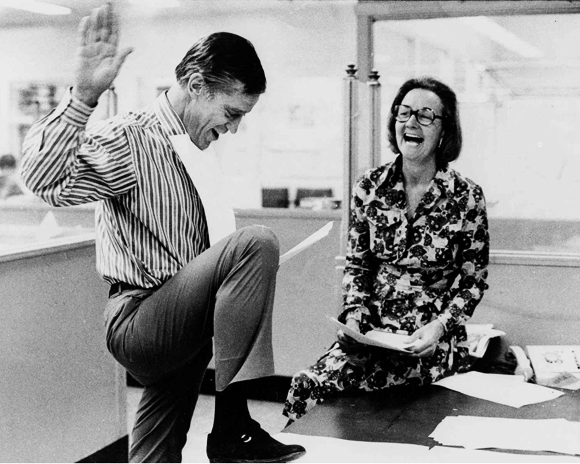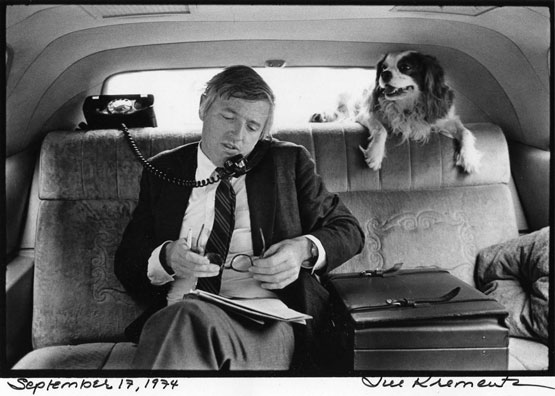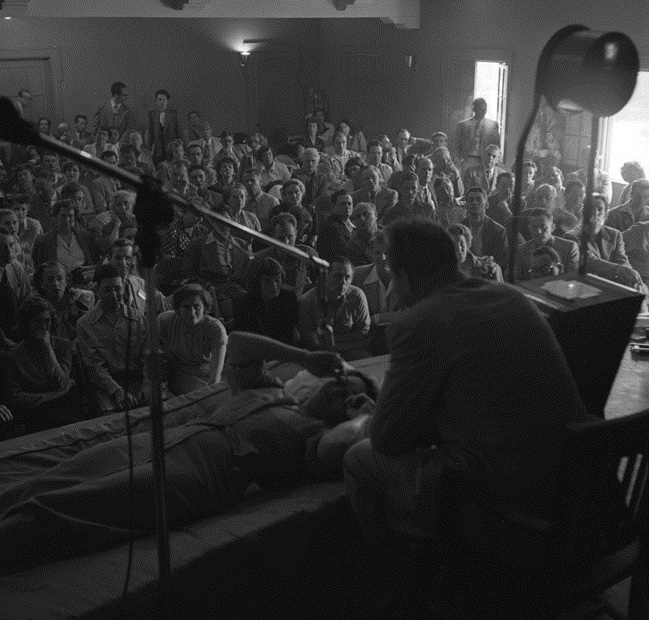While it’s not as serious a suck on California’s water supply as swimming pools, illegal marijuana farming is part of the problem. From Pilita Clark in the Financial Times:
“Jerry Brown, California’s governor, declared a state of emergency in January after the driest year on record in 2013, but as the annual wet season beckons, the prospect of a complete drought recovery this winter is highly unlikely, government officials say.
‘Marijuana cultivation is the biggest drought-related crime we’re facing right now,’ says Lt Nores as he pokes at a heap of plastic piping the growers used to divert water from a dried-up creek near the plantation.
But California’s drought is exposing a series of problems in the US’s most populous state that are a reminder of an adage popularised by Michael Kinsley, the columnist: the scandal is often not what is illegal but what is legal.
Growing competition
The theft of 80m gallons of water a day by heavily armed marijuana cartels is undoubtedly a serious concern, not least when the entire state is affected by drought and 58 per cent is categorised as being in ‘exceptional drought,’ as defined by the government-funded US Drought Monitor.
However, this is a tiny fraction of the water used legally every day in a state that, like so many other parts of the world, has a swelling population driving rising competition for more heavily regulated supplies that have long been taken for granted and may face added risks as the climate changes.”





